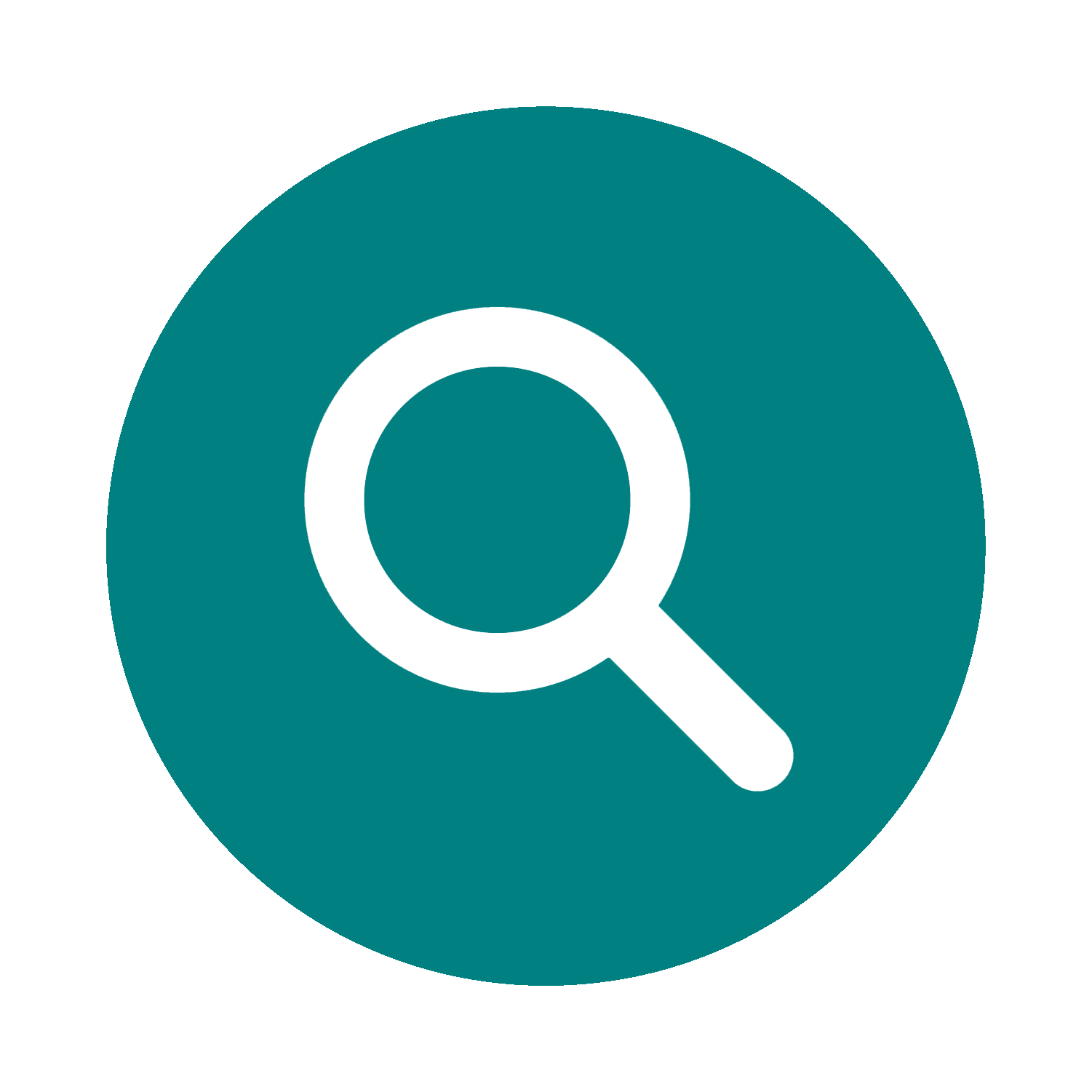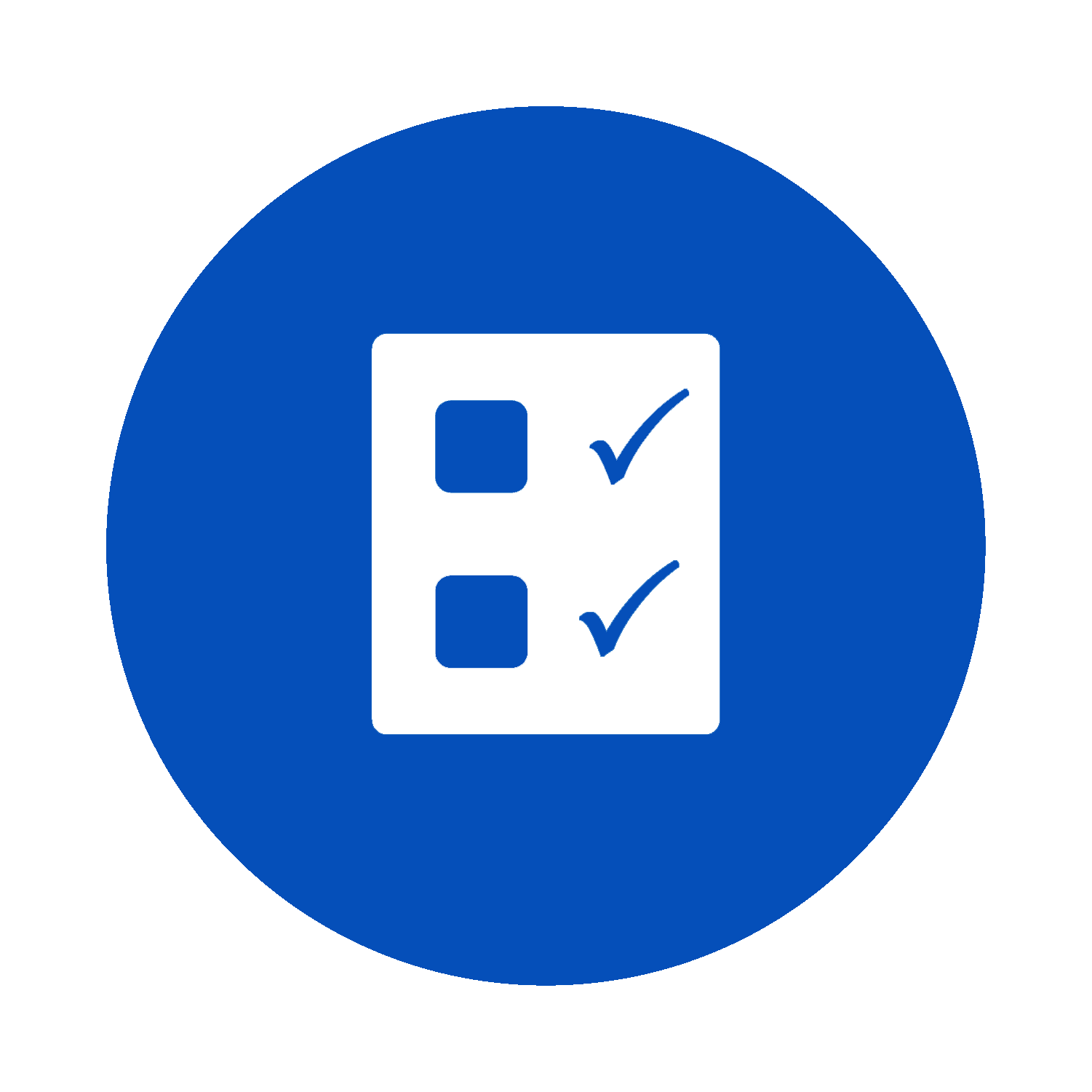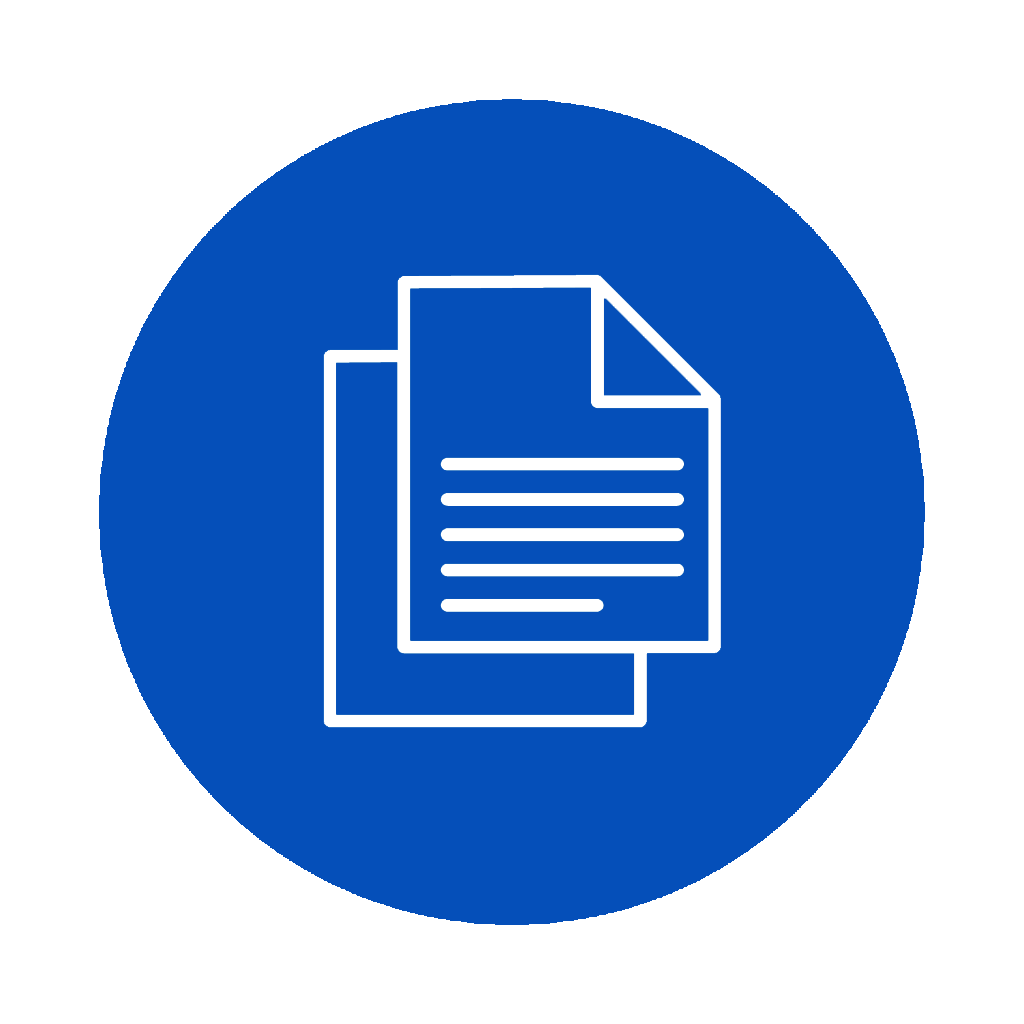Chapter 03. Corporate Governance
03.05. Role of Internal Auditors in Corporate Governance

Key Questions
![]() Briefly reflect on the following before we begin:
Briefly reflect on the following before we begin:
- How do internal auditors assess and contribute to the effectiveness of governance structures and processes?
- What is the role of internal auditors in advising on best practices in governance and risk management?
- How can internal auditors effectively report governance issues to the board and audit committee?
- In what ways can continuous education on governance trends benefit internal auditors and the organizations they serve?
Internal auditors are pivotal in enhancing organizational transparency and accountability in corporate governance. This section delves into the multifaceted role of internal auditors in corporate governance, highlighting their contributions and responsibilities. From an audit perspective, internal auditors assess governance structures and processes to ensure alignment with organizational objectives and regulatory requirements. By conducting thorough audits, internal auditors provide valuable insights into the effectiveness of governance mechanisms and identify areas for improvement. Additionally, internal auditors facilitate effective board oversight by providing timely and accurate information, enabling boards to make informed decisions and fulfill their fiduciary, i.e., ethical and legal responsibilities.
Moreover, internal auditors advise on best practices in governance and risk management, drawing on their expertise to enhance organizational resilience and mitigate potential risks. Their contribution to fostering an ethical culture and ensuring compliance with legal and regulatory standards is instrumental in upholding organizational integrity. Despite the challenges inherent in reporting governance issues, internal auditors play a critical role in communicating findings to stakeholders, driving accountability, and promoting continuous improvement. Building solid relationships with the board and audit committee is essential for internal auditors to fulfill their governance responsibilities and collaborate toward organizational success effectively. Continuous education on governance trends equips internal auditors with the knowledge and skills to navigate evolving governance landscapes and deliver value-added insights to stakeholders.
 Internal Audit in Action
Internal Audit in Action
Background
Bosko Pharma, a leading pharmaceutical company, recognized the need to strengthen its ethical culture following a series of compliance issues that tarnished its reputation. The board identified the internal audit function as a key to driving corporate governance improvements, specifically reinforcing an organizational ethical culture.
Challenge
The challenge was operationalizing ethics within the company’s governance framework, ensuring that ethical considerations were integral to decision-making processes at all levels. This required a shift in corporate culture supported by effective oversight and accountability mechanisms.
Action Taken
The Chief Audit Executive (CAE) of Bosko Pharma developed an audit plan to assess the effectiveness of the company’s ethical frameworks and compliance programs. This included evaluating the tone at the top, the clarity of the company’s ethical policies, the adequacy of training programs, and the mechanisms for reporting and addressing unethical behaviour. The internal audit team also launched a series of workshops for senior management and employees, emphasizing the importance of ethics in achieving the company’s strategic objectives.
Outcome
The comprehensive review and recommendations of the internal audit significantly enhanced Bosko Pharma’s governance practices. A new ethics and compliance committee was established, reporting directly to the board. The company revamped its ethics training programs, making them more engaging and relevant to the daily responsibilities of their employees. Moreover, a confidential whistleblower hotline was introduced, encouraging employees to report unethical behaviour without fear of retaliation. These initiatives led to a noticeable improvement in the company’s ethical culture, as reflected in employee surveys and reduced compliance incidents.
Reflection
This scenario illustrates the crucial role of internal auditors in facilitating effective board oversight and advising on best practices in governance and risk management. By strengthening the ethical culture, Bosko Pharma’s internal auditors helped embed ethical considerations into the corporate governance framework, enhancing the organization’s integrity and reputation.
Assessing Governance Structures and Processes: An Audit Perspective
Assessing governance structures and processes from an audit perspective is a critical function of internal auditors in corporate governance. Internal auditors play a pivotal role in evaluating the effectiveness of governance mechanisms, identifying gaps or weaknesses, and providing recommendations for improvement. Here’s how internal auditors approach assessing governance structures and processes:
- Understanding Governance Frameworks: Internal auditors begin by understanding the organization’s governance frameworks, including policies, procedures, and regulatory requirements. They familiarize themselves with industry best practices, relevant standards (such as COSO or ISO), and the organization’s specific governance objectives.
- Risk Assessment: Internal auditors conduct risk assessments to identify the organization’s key governance risks. They analyze the risk appetite, risk tolerance levels, and potential impact on strategic objectives. By understanding governance risks, auditors can prioritize their audit activities and focus on areas of highest risk.
- Evaluating Control Environment: Internal auditors assess the control environment to determine the adequacy and effectiveness of governance controls. They examine the tone at the top, ethical culture, management’s commitment to governance, and the organization’s overall control environment. This evaluation helps auditors identify strengths and weaknesses in governance processes.
- Reviewing Board Oversight: Internal auditors review the effectiveness of board oversight processes and practices. They assess the composition and independence of the board, the frequency and quality of board meetings, the clarity of roles and responsibilities, and the board’s understanding of critical risks and strategic objectives. Auditors also evaluate the board’s interaction with management and its oversight of governance activities.
- Testing Compliance: Internal auditors test compliance with governance-related policies, procedures, and regulatory requirements. They examine documentation, conduct interviews, and perform testing procedures to ensure adherence to governance standards. Any identified non-compliance issues are reported to management and the board for corrective action.
- Reporting Findings: Internal auditors document their findings and observations in audit reports. These reports typically include an assessment of governance structures and processes, identified weaknesses or deficiencies, and recommendations for improvement. Auditors communicate their findings to management and the board, highlighting areas requiring attention and proposing remedial actions.
The Internal Auditor’s Role in Facilitating Effective Board Oversight
The role of internal auditors in facilitating effective board oversight is crucial for ensuring sound corporate governance practices within organizations. Internal auditors serve as key advisors to the board, providing independent and objective assessments of the organization’s operations, risks, and control environment. Key responsibilities of the internal auditor with regard to assisting with board oversight are as follows:
- Evaluate Controls: Internal auditors assure the board regarding the adequacy and effectiveness of internal controls, risk management processes, and governance structures. Through risk-based audits and evaluations, auditors assess the organization’s compliance with laws, regulations, and internal policies. They identify control weaknesses, operational inefficiencies, and areas of non-compliance, enabling the board to take timely, corrective actions.
- Assess Risk: Internal auditors also conduct risk assessments to identify and prioritize critical risks facing the organization. By evaluating internal and external factors, auditors help the board understand the organization’s risk profile and make informed decisions about risk tolerance levels and mitigation strategies. Risk assessments conducted by internal auditors provide valuable insights into emerging risks and potential threats that require the board’s attention.
- Report on Performance Trends: Internal auditors monitor KPIs to assess the organization’s performance against strategic objectives and targets. By tracking financial, operational, and compliance metrics, auditors provide the board with regular updates on the organization’s performance trends, variances, and areas of concern. This enables the board to evaluate management’s effectiveness in achieving strategic goals and make informed decisions about resource allocation and strategic direction.
- Facilitate Communication: Internal auditors also facilitate communication between management and the board by providing objective and timely information on governance, risk, and control matters. They convey complex issues clearly and concisely through audit reports, presentations, and briefings, enabling the board to understand and address governance challenges effectively. Internal auditors also serve as a conduit for feedback from stakeholders, helping the board stay informed about stakeholder concerns and expectations.
- Advise on Best Practices: Internal auditors advise the board on best practices in governance, risk management, and internal control. Drawing on their expertise and industry knowledge, auditors recommend improvements to governance structures, policies, and procedures to enhance board oversight effectiveness. By sharing insights from benchmarking exercises and industry trends, auditors help the board stay abreast of emerging practices and regulatory requirements, enabling the board to adopt proactive governance measures.
- Promote Ethical Conduct: Internal auditors contribute to fostering an ethical culture within the organization by promoting integrity, transparency, and accountability. Through their assessments of ethical risks and compliance with ethical standards, auditors highlight the importance of ethical behaviour at all levels of the organization. By championing ethical principles and values, auditors reinforce the board’s commitment to upholding ethical standards and maintaining public trust.
Advising on Best Practices in Governance
Internal auditors play a vital role in advising organizations on best practices in governance and risk management. By leveraging their expertise, objectivity, and independence, internal auditors provide valuable insights and recommendations to enhance governance structures and mitigate risks effectively. Here’s how internal auditors fulfill their role in advising on best governance practices:
Gap Analyses and Benchmarking
Internal auditors conduct gap analyses to compare the organization’s current governance and risk management practices with industry standards, regulatory requirements, and leading practices. By identifying gaps and areas for improvement, auditors provide recommendations to align the organization’s practices with best practices. Internal auditors conduct benchmarking exercises to assess the organization’s governance and risk management practices against industry peers and competitors. By comparing KPIs, processes, and outcomes, auditors identify opportunities for improvement and share insights on emerging trends and practices.
Promoting Risk-based Outlook
Internal auditors promote risk-based approaches to governance and risk management, emphasizing the importance of aligning risk management activities with strategic objectives. Auditors advocate for integrating risk management into decision-making processes, ensuring risks are identified, assessed, and mitigated systematically and proactively. Internal auditors provide tailored recommendations based on the organization’s needs, objectives, and risk appetite. Recommendations may include enhancements to governance structures, policies, procedures, and internal controls to address identified weaknesses or gaps. When developing recommendations, auditors consider the organization’s unique circumstances, industry context, and regulatory environment. Internal auditors contribute to fostering a risk-aware culture within the organization by promoting awareness, understanding, and ownership of risks at all levels. Auditors advise management and staff on risk management principles, techniques, and tools, encouraging proactive risk identification, assessment, and mitigation.
Enhancing Board Effectiveness
Internal auditors advise boards on best practices to enhance their governance and risk oversight effectiveness. Auditors guide board composition, structure, roles, responsibilities, dynamics, and communication practices. By facilitating board education and training sessions, auditors help boards stay informed about governance trends and regulatory developments. Internal auditors support continuous improvement in governance and risk management by monitoring the implementation of recommendations, tracking progress against objectives, and adapting to changing circumstances. Auditors stay abreast of emerging trends, regulatory changes, and industry developments, providing stakeholders with ongoing advisory support and education.
Internal Audit’s Contribution to Ethical Culture and Compliance
Internal auditors play a significant role in fostering an ethical culture and ensuring organizational compliance. Their objective and independent perspective enables them to assess ethical practices, identify compliance gaps, and recommend measures to strengthen ethical behaviour and adherence to regulatory requirements.
Internal auditors assess the organization’s ethical culture by evaluating the tone at the top, leadership behaviours, and the effectiveness of ethics-related policies and procedures. They conduct interviews, surveys, and observations to gauge employee perceptions of ethical conduct and identify areas of concern. By understanding the prevailing moral climate, auditors provide insights into cultural strengths and weaknesses, enabling management to reinforce moral values and behaviours. Internal auditors conduct compliance audits to assess the organization’s adherence to laws, regulations, industry standards, and internal policies. They examine documentation, processes, and controls to identify non-compliance and evaluate the effectiveness of compliance programs. Auditors provide recommendations to address compliance deficiencies, mitigate risks, and enhance the organization’s ability to meet its legal and regulatory obligations.
Internal auditors support ethics training and awareness initiatives by guiding curriculum development, delivery methods, and effectiveness assessments. They collaborate with human resources and compliance functions to design training programs that promote ethical decision-making, integrity, and professionalism. Auditors monitor the uptake and impact of ethics training, identifying opportunities for improvement and reinforcing the importance of ethical behaviour throughout the organization. Internal auditors oversee whistleblower hotlines and reporting mechanisms to ensure they effectively detect and address ethical breaches. They review whistleblower reports, investigate allegations of misconduct, and ensure appropriate follow-up actions are taken. Auditors maintain confidentiality and independence throughout the investigation process, protecting whistleblowers and preserving the integrity of the reporting system.
Internal auditors guide and support management and employees in resolving ethical dilemmas and conflicts of interest. They offer impartial advice, facilitate ethical decision-making discussions, and help identify alternative courses of action that align with the organization’s values and principles. Auditors promote open communication and encourage individuals to seek guidance when faced with ethical challenges, fostering a culture of integrity and accountability. Internal auditors advocate for ethical leadership practices by engaging with senior management and the board on moral matters. They raise awareness of ethical risks and issues, highlight the importance of leading by example, and encourage transparency and accountability in decision-making. Auditors promote a culture where ethical behaviour is valued, recognized, and rewarded, driving positive change from the top down.
Internal auditors support continuous improvement in ethical culture and compliance by monitoring the implementation of recommendations, tracking ethical performance metrics, and benchmarking against industry standards. They stay abreast of emerging ethical risks and regulatory developments, providing proactive advice and guidance to stakeholders. Auditors promote a continuous learning and improvement culture, empowering the organization to adapt to evolving ethical challenges and regulatory requirements. Internal auditors significantly contribute to ethical culture and compliance within organizations by assessing ethical practices, conducting compliance audits, supporting ethics training and awareness, overseeing whistleblower hotlines, resolving ethical dilemmas, advocating for moral leadership, and driving continuous improvement initiatives. Through their efforts, auditors help instill a culture of integrity, trust, and responsibility, ensuring the organization operates ethically and complies with applicable laws and regulations.
Building Relationships with the Board and Audit Committee
The role of internal auditors in corporate governance is multifaceted and critical to the effective functioning of organizations. Internal auditors act as independent and objective assurance providers, advisors, and catalysts for improvement in governance practices.
Here’s how internal auditors fulfill their role in corporate governance:
Independent Assurance Provider: Internal auditors provide independent assurance to management and the board regarding the effectiveness of governance structures, processes, and controls. Through risk-based audits and evaluations, auditors assess the organization’s compliance with laws, regulations, and internal policies. They identify control weaknesses, operational inefficiencies, and areas of non-compliance, enabling management and the board to take timely corrective actions and mitigate risks.
Advisory Role: Internal auditors are trusted advisors to management, the board, and other stakeholders on governance matters. They provide insights, recommendations, and guidance on best practices in governance, risk management, and internal control. Auditors offer proactive advice on governance structure design, policy development, process improvements, and strategic initiatives to enhance governance effectiveness and drive organizational success.
Catalyst for Improvement: Internal auditors act as catalysts for improvement by promoting a culture of continuous improvement in governance practices. They identify opportunities for enhancing governance effectiveness, efficiency, and transparency through their assessments and evaluations. Auditors collaborate with management and the board to develop action plans, implement remedial measures, and monitor progress toward achieving governance objectives.
Enhancing Board Oversight: Internal auditors support the board in fulfilling its oversight responsibilities by providing objective and timely information on governance, risk, and control matters. They facilitate effective communication between management and the board, presenting findings, recommendations, and insights clearly and concisely. Auditors assist the board in understanding and addressing governance challenges, promoting accountability, transparency, and ethical behaviour.
Promoting Ethical Culture and Compliance: Internal auditors are crucial in promoting an ethical culture and ensuring organizational compliance. They assess the organization’s moral climate, conduct compliance audits, and oversee whistleblower hotlines to detect and address ethical breaches. Auditors guide ethics training, awareness programs, and conflict resolution, fostering a culture of integrity, transparency, and accountability.
Continuous Education and Awareness: Internal auditors engage in continuous education and awareness initiatives to stay abreast of emerging governance trends, regulatory changes, and industry developments. They proactively share knowledge, insights, and best practices with stakeholders through training sessions, workshops, and thought leadership publications. Auditors promote awareness of governance risks and opportunities, empowering stakeholders to make informed decisions and adapt to evolving governance challenges.
Continuous Education on Governance Trends for Internal Auditors
Continuous education is essential for internal auditors to stay abreast of evolving governance trends, regulatory changes, emerging risks, and industry developments. By investing in ongoing learning and professional development, they enhance their knowledge, skills, and competencies, enabling them to fulfill their corporate governance role effectively.
Internal auditors pursue professional certifications and designations such as Certified Internal Auditor (CIA), Certified Information Systems Auditor (CISA), and Certified Fraud Examiner (CFE) to demonstrate their expertise and commitment to excellence. These certifications require ongoing continuing professional education (CPE) credits, ensuring auditors stay current with industry standards, best practices, and regulatory requirements. Internal auditors participate in training programs, workshops, and seminars offered by professional associations, industry organizations, and training providers. These programs cover various topics related to governance, risk management, internal controls, and audit techniques. Auditors learn from subject matter experts, share insights with peers, and gain practical knowledge and skills applicable to their roles. Internal auditors leverage webinars, e-learning modules, and online courses to access convenient and flexible learning opportunities. These digital resources allow auditors to learn at their own pace, anytime and anywhere, and explore diverse governance topics. Auditors can earn CPE credits through webinars and e-learning activities, enhancing their professional development while balancing work and personal commitments.
Internal auditors attend conferences, conventions, and symposiums organized by professional associations, regulatory bodies, and industry forums. These events allow auditors to network with peers, exchange ideas, and gain insights from thought leaders and industry experts. Auditors participate in educational sessions, panel discussions, and case study presentations, staying informed about current governance trends, challenges, and solutions. Internal auditors read thought leadership publications, research papers, and industry reports to keep informed about emerging governance trends and leading practices. They subscribe to professional journals, newsletters, and online publications to access timely and relevant content. Auditors critically evaluate information, analyze industry trends, and apply insights to their audit work, contributing to organizational effectiveness and risk management. Internal audit departments develop internal training initiatives and knowledge-sharing platforms to facilitate continuous education for auditors. They organize lunch-and-learn sessions, brown bag discussions, and internal workshops on governance-related topics. Auditors collaborate across teams, share lessons learned, and exchange best practices, fostering a culture of continuous learning and improvement within the organization.
Internal auditors engage in research projects, contribute to industry publications, and participate in thought leadership initiatives to advance knowledge and understanding of governance issues. They conduct benchmarking studies and surveys, write white papers on governance trends, share insights with stakeholders, and influence the direction of the profession. Auditors contribute to shaping governance practices and driving innovation in internal audit methodologies.
 Internal Audit in Action
Internal Audit in Action
Background
Greene Power, an innovative renewable energy company, faced challenges ensuring effective board oversight of its rapidly diversifying operations. The company’s internal audit function identified gaps in the board’s understanding of the risks associated with new technologies and markets.
Challenge
The internal audit team enhanced the board’s oversight capabilities, ensuring directors were well-informed and actively governing the company’s strategic direction and risk management practices.
Action Taken
The CAE initiated a series of strategic audits focused on the company’s critical areas of risk and opportunity, including technological innovations, market expansion, and regulatory changes. The findings from these audits were presented in specially designed board briefings, which included detailed risk assessments and strategic recommendations. The internal audit team also facilitated workshops for board members, focusing on emerging trends in the renewable energy sector and their governance implications.
Outcome
The enhanced board briefings and workshops significantly improved the board’s engagement and decision-making capabilities. Directors became more proactive in questioning management’s assumptions and strategies, leading to more robust discussions and better-informed decisions. This proactive governance approach helped Greene Power navigate the complexities of the renewable energy market more effectively, achieving sustained growth while managing its risk exposure.
Reflection
This scenario demonstrates the pivotal role of internal auditors in supporting and enhancing board oversight. Through strategic audits, insightful briefings, and targeted educational initiatives, Greene Power’s internal audit team empowered the board to fulfill its governance responsibilities more effectively, contributing to its success in a competitive industry.
 Key Takeaways
Key Takeaways
Let’s recap the concepts discussed in this section by reviewing these key takeaways:
- Internal auditors evaluate governance structures and processes to ensure their effectiveness. They identify strengths and weaknesses by examining policies, procedures, and controls, helping management and the board enhance governance practices and mitigate risks.
- Internal auditors are also crucial in facilitating effective board oversight by providing independent and objective insights into governance, risk, and control matters. Through clear and concise reporting, internal auditors enable the board to fulfill its oversight responsibilities and make informed decisions.
- Reporting governance issues requires internal auditors to adopt precise, risk-based approaches while addressing sensitivity and resistance. Internal auditors ensure that governance issues are effectively communicated and addressed by providing context, tailoring communication, and managing expectations.
- Internal auditors also build strong relationships with the board and audit committee to enhance governance effectiveness. Through open communication, collaboration, and trust-building initiatives, auditors foster constructive dialogue and promote a culture of transparency and accountability.
- Continuous education is essential for internal auditors to stay informed about evolving governance trends and regulatory changes. By participating in training programs, attending conferences, and engaging in research initiatives, they enhance their knowledge and skills, ensuring they remain effective.
 Knowledge Check
Knowledge Check
 Review Questions
Review Questions
- Explain the role of internal auditors in facilitating effective board oversight.
- How do internal auditors foster an ethical culture and ensure organizational compliance?
- Discuss the approaches and challenges in reporting governance issues.
- What is the significance of continuous education for internal auditors in corporate governance?
- How do internal auditors build relationships with the board and audit committee?
 Essay Questions
Essay Questions
- Discuss the challenges faced by internal auditors when advising on best governance and risk management practices and propose strategies to overcome these challenges.
- Explain the role of continuous education in fostering an ethical culture and ensuring compliance within organizations and provide examples of educational initiatives that can support this objective.
The collective practices and attitudes within an organization that promote ethical behaviour and decision-making at all levels.
The system of rules, practices, and processes by which an organization is directed and controlled, ensuring accountability and alignment with strategic goals.
The overall process of identifying, analyzing, and evaluating potential risks that could impact an organization's ability to achieve its objectives.

